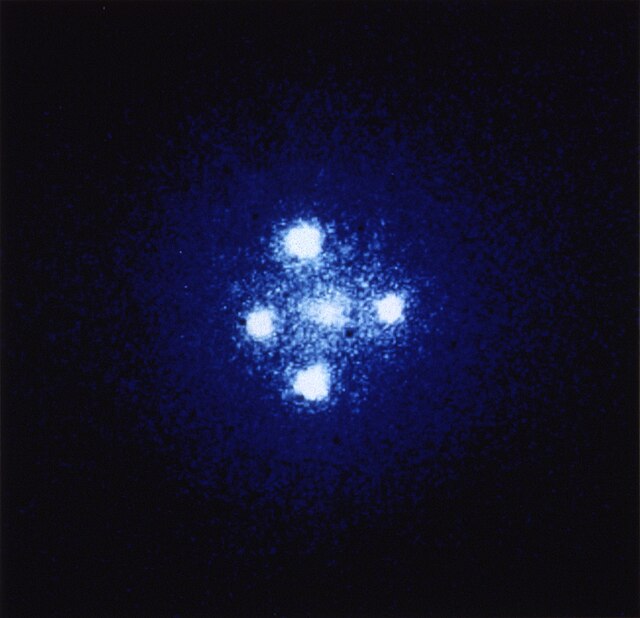Otto Karl Wilhelm Neurath was an Austrian-born philosopher of science, sociologist, and political economist. He was also the inventor of the ISOTYPE method of pictorial statistics and an innovator in museum practice. Before he fled his native country in 1934, Neurath was one of the leading figures of the Vienna Circle.
Photo of Neurath published in 1919
A photograph of the book Basic by Isotype, showing examples of the Isotype picture language that Neurath promoted.
Philosophy of science is the branch of philosophy concerned with the foundations, methods, and implications of science. Amongst its central questions are the difference between science and non-science, the reliability of scientific theories, and the ultimate purpose and meaning of science as a human endeavour. Philosophy of science focuses on metaphysical, epistemic and semantic aspects of scientific practice, and overlaps with metaphysics, ontology, logic, and epistemology, for example, when it explores the relationship between science and the concept of truth. Philosophy of science is both a theoretical and empirical discipline, relying on philosophical theorising as well as meta-studies of scientific practice. Ethical issues such as bioethics and scientific misconduct are often considered ethics or science studies rather than the philosophy of science.
In formulating 'the problem of induction', David Hume devised one of the most pervasive puzzles in the philosophy of science.
Karl Popper in the 1980s. Popper is credited with formulating 'the demarcation problem', which considers the question of how we distinguish between science and pseudoscience.
The expectations chickens might form about farmer behavior illustrate the "problem of induction".
Seen through a telescope, the Einstein cross seems to provide evidence for five different objects, but this observation is theory-laden. If we assume the theory of general relativity, the image only provides evidence for two objects.






